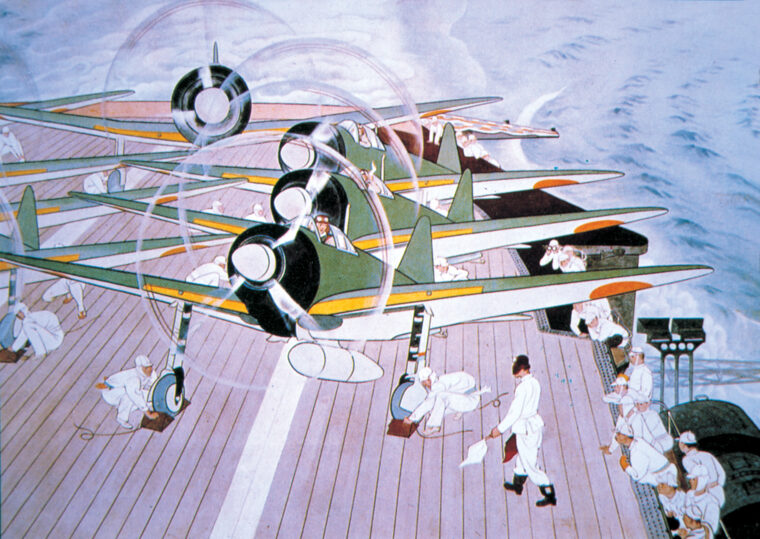
Bolshevik
Soviet Military Intelligence: Richard Sorge
By Pat McTaggartThe Siberians are coming!” It was a cry that spread terror through the ranks of the German Wehrmacht in the winter of 1941. Read more

Bolshevik
The Siberians are coming!” It was a cry that spread terror through the ranks of the German Wehrmacht in the winter of 1941. Read more
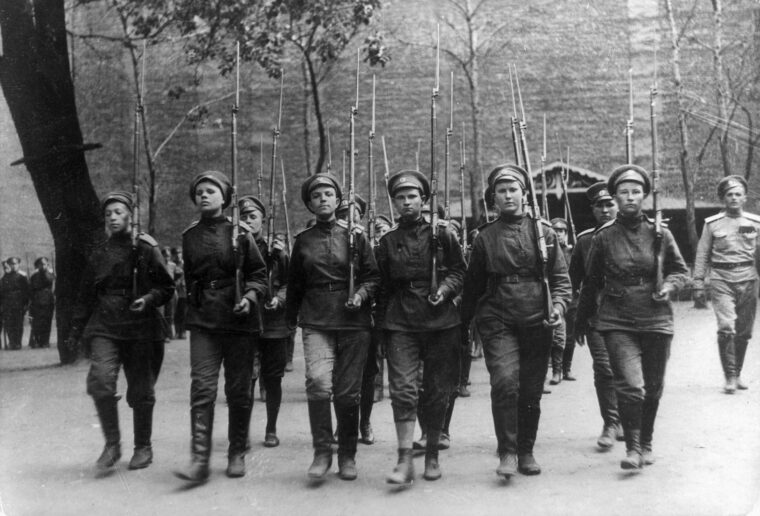
Bolshevik
By spring 1917, Russia had borne the heaviest burden of World War I. Russian reports counted more than six million men killed, wounded, or interned as prisoners of war. Read more
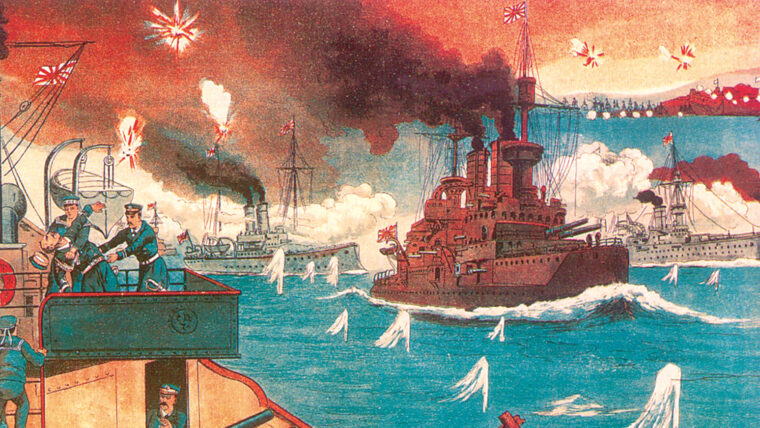
Bolshevik
On the evening of November 5, 1925, Prisoner #73 was taken from his cell in the infamous Lubyanka Prison and driven to a woods in the Sokolniki district outside Moscow. Read more
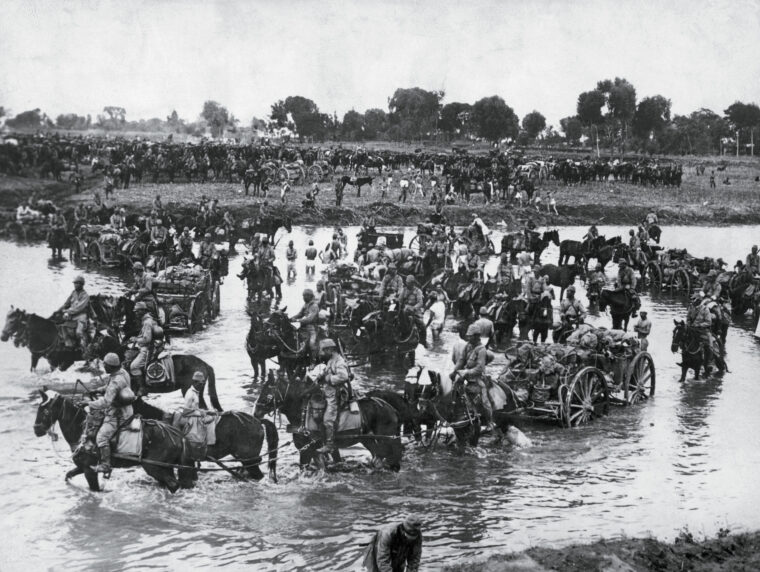
Bolshevik
In May 1939, Mongolian herdsmen and part-time militia cavalry crossed the Khalkhin Gol, or Halha, River near the village of Nomonhan in Manchurian-claimed territory. Read more
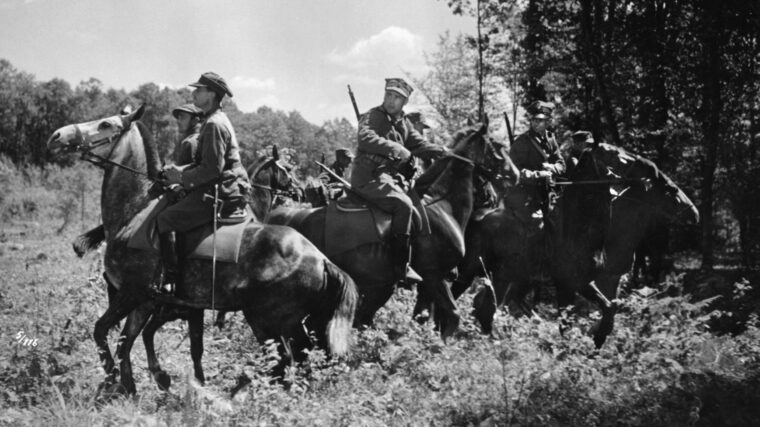
Bolshevik
In the late afternoon of September 1, 1939, the 18th Uhlan Regiment of the Pomorska Cavalry Brigade was holding its position along Poland’s heavily forested northwest frontier when orders arrived to attack the flank of the advancing German 20th Motorized Infantry Division. Read more
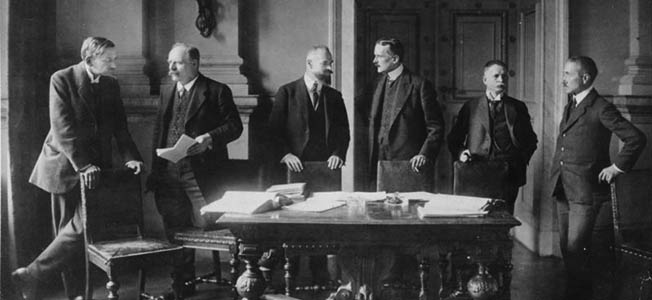
Bolshevik
At least ostensibly, World War I ended first with the cessation of armed hostilities between the warring powers at the famed “11th hour of the 11th day of the 11th month,” that is November 11, 1918. Read more
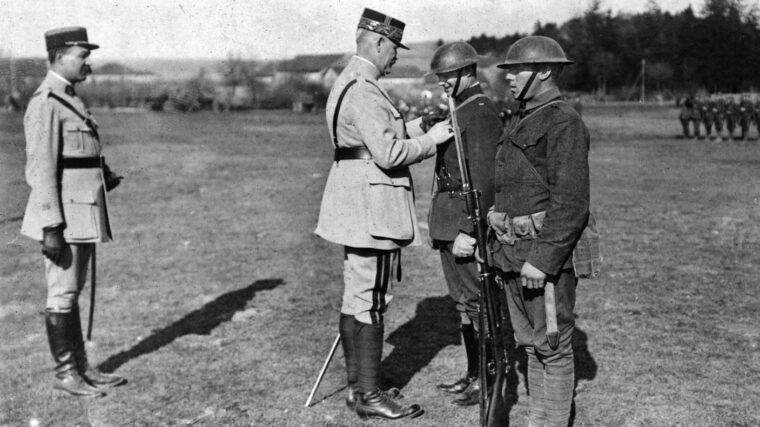
Bolshevik
On July 14, 1940, William Donovan stood on the pier fronting New York harbor and waited to board the Pan Am flying boat named the Lisbon Clipper for a flight that would take him to Portugal and then to London, his ultimate destination. Read more
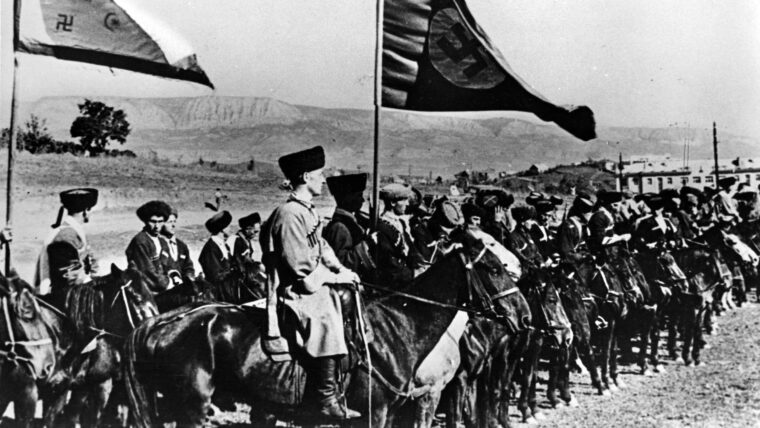
Bolshevik
Between 1944 and 1947, over two million Russians who had been living in the occupied countries of Europe, some voluntarily, some not, were forcibly repatriated to the Soviet Union. Read more
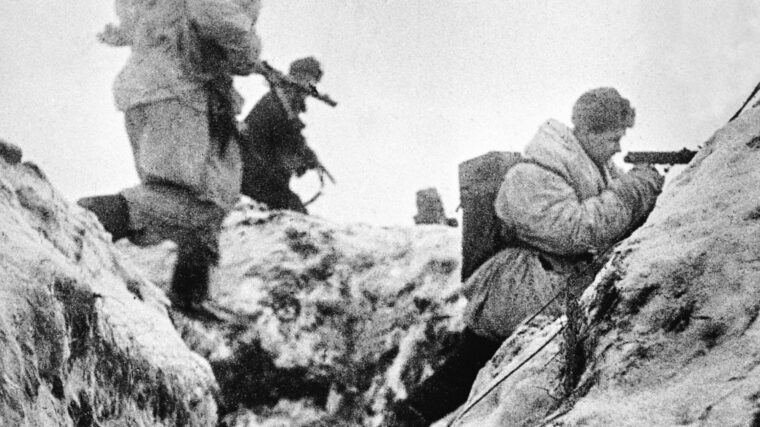
Bolshevik
With the German Sixth Army in its death throes at Stalingrad in January 1943, Stavka, the Soviet High Command, sought to capitalize on the disaster by unleashing massive offensives along the entire German-Soviet front. Read more
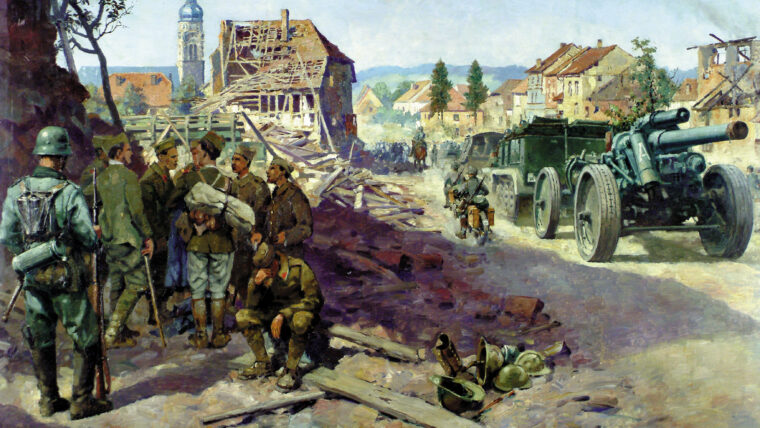
Bolshevik
Andrei Andreievich Vlasov, one of Soviet dictator Josef Stalin’s favorite generals, played a key role in saving Moscow from Adolf Hitler’s armies during the winter of 1941-1942. Read more
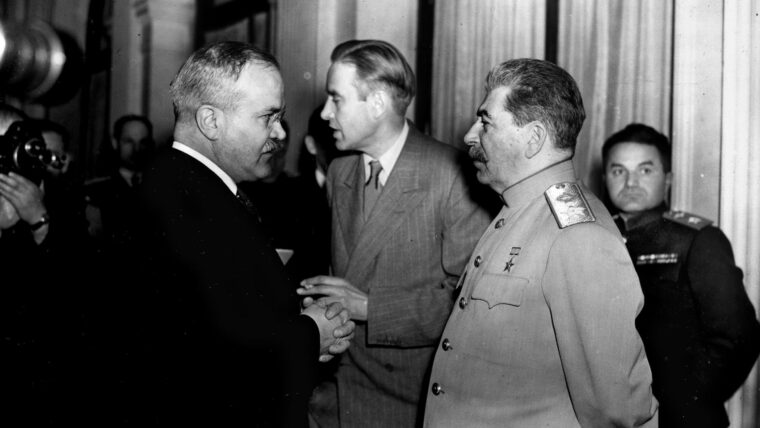
Bolshevik
The arrival of Vyacheslav M. Molotov, the People’s Commissar for Foreign Affairs of the Soviet Union, in Berlin on a rainy November 12, 1940, was a solemn, strained occasion. Read more
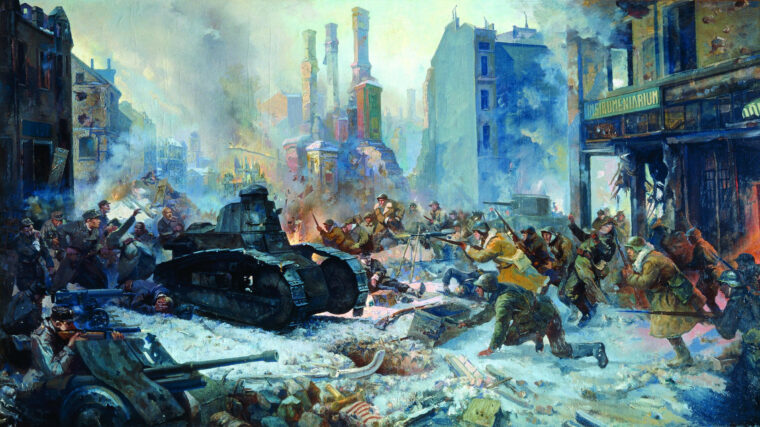
Bolshevik
Prior to the Russo-Finnish War, problems were already setting in for Russia and Germany. The hugely cynical German-Soviet nonaggression pact, concluded in August 1939, assigned the Baltic region of eastern Europe to the exclusive sphere of influence of Communist Russia. Read more
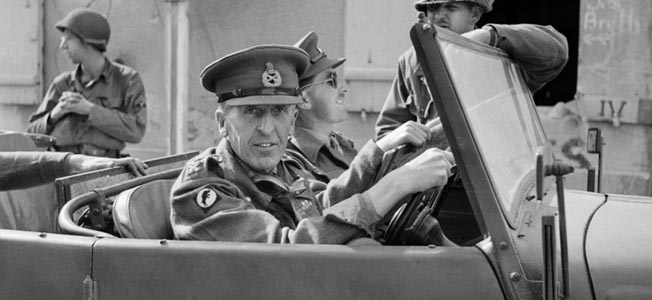
Bolshevik
A big challenge faced Maj. Gen. Brian G. Horrocks, an infantryman, when he was cross-posted to take command of the British Army’s 9th Armored Division in March 1942. Read more
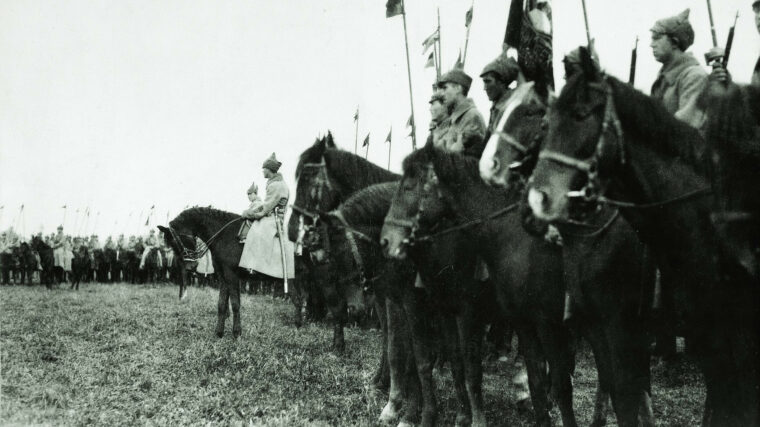
Bolshevik
The Russo-Polish War of 1919-1920 was the most portentous event facing post-Versailles Europe. It was not just the continuation of a centuries-long contest between Russia and Poland to determine which would dominate eastern Europe, but a struggle involving a new ideology—communism—which the Bolshevik regime in Moscow had to spread throughout the Continent to survive. Read more